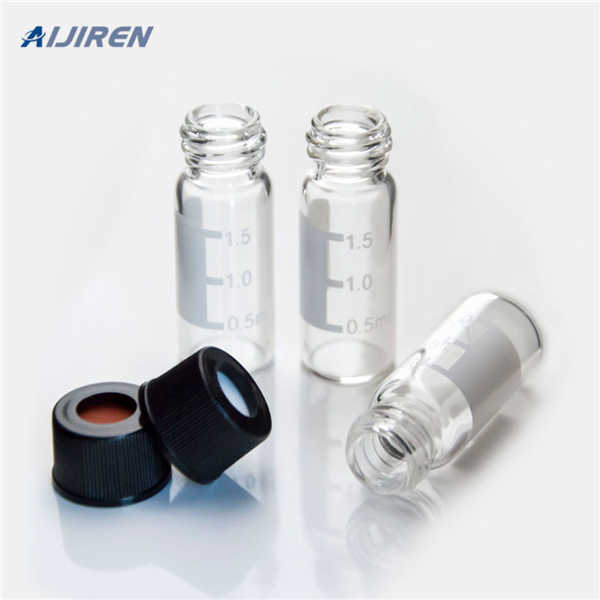
Filters. Our range of membrane, syringe, and capsule filters represent the industry’s highest quality manufacturing standards, product performance, and application support for laboratory-scale filtration. Reduce process times, increase analytical efficiency and produce consistent, measurable results today with our filtration devices.
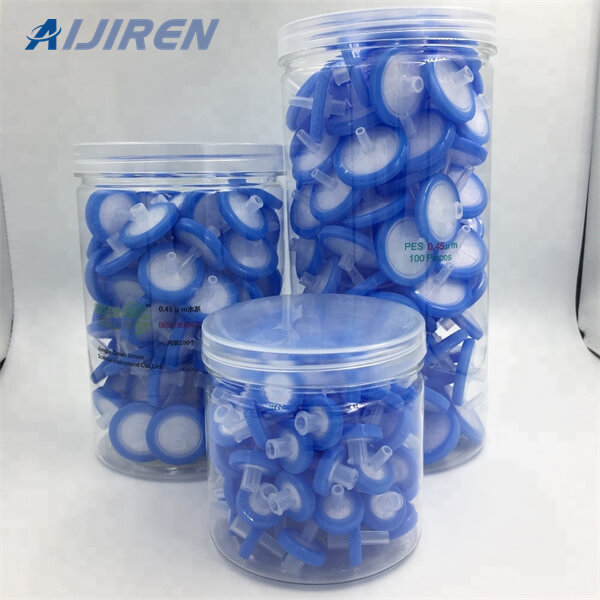
Nov 23, 2019 · Talat Atilla'dan açıklama: "CHP'li kaynağımın konuşmasını bekliyorum" Saray'a giden CHP'li iddiası bambaşka bir boyut kazandı. Sözcü Gazetesi yazarı Rahmi Turan'ın "Kaynağım gazeteci Talat Atilla'dır" açıklaması yapmasının ardından Talat Atilla da kendisini savundu ve süreci teyit ettikten sonra bilgiyi Turan ile paylaştığını söyledi.
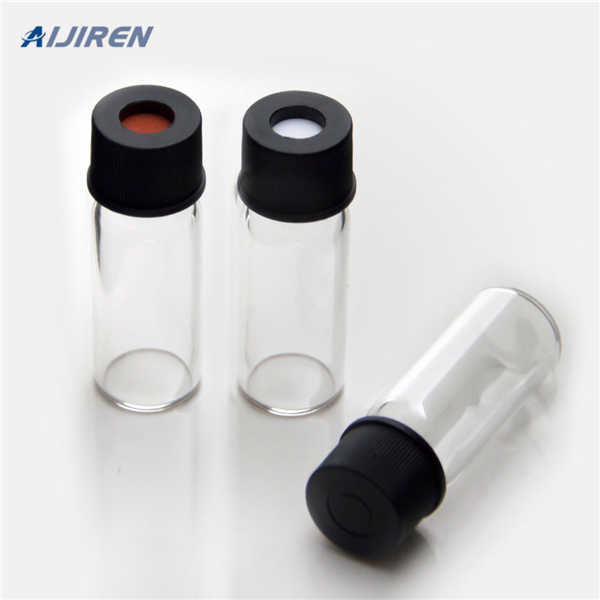
30mm Syringe Filter with PES Membrane 0.22um, Sterile (Pack of 100) MS® Syringe Filters are simply quality filters, well packaged, and offered at a fair and competitive price. The Classic range is available in PES which is supplied in 13mm and 30mm formats in virgin polypropylene housings.
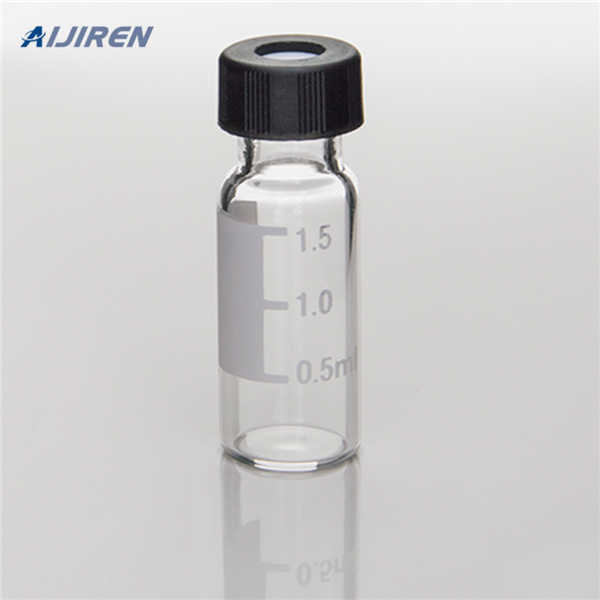
View Cellulose Acetate Syringe Filters. Polyethersulfone. PES membrane filters are hydrophilic and produced from a polyethersulfone polymer membrane. They are designed to eliminate particulates during standard filtration, and its low protein and drug binding characteristics allow it to be ideally suited for use in life science applications
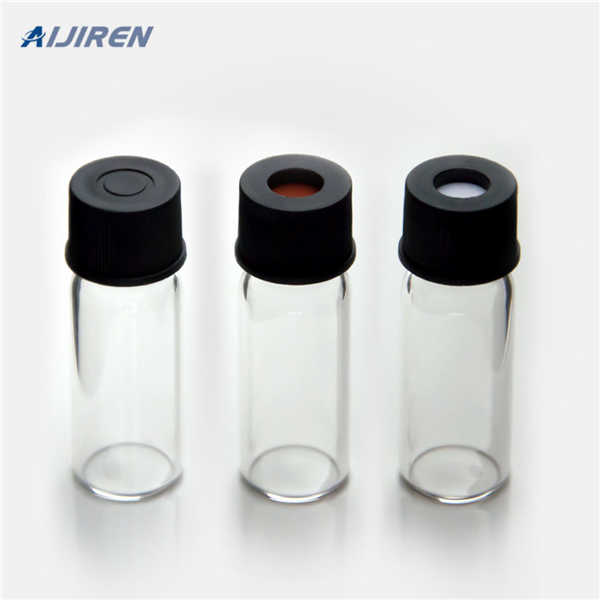
Vacuum Filter Millipore Stericup Plus 0.22um PES Sterile 500ml. $49.90. The Stericup vacuum filter systems for sterile vacuum filtration of aqueous solutions such as tissue culture media and biological fluids. Each system is designed to maximize flow and reduce foaming and protein denaturation.
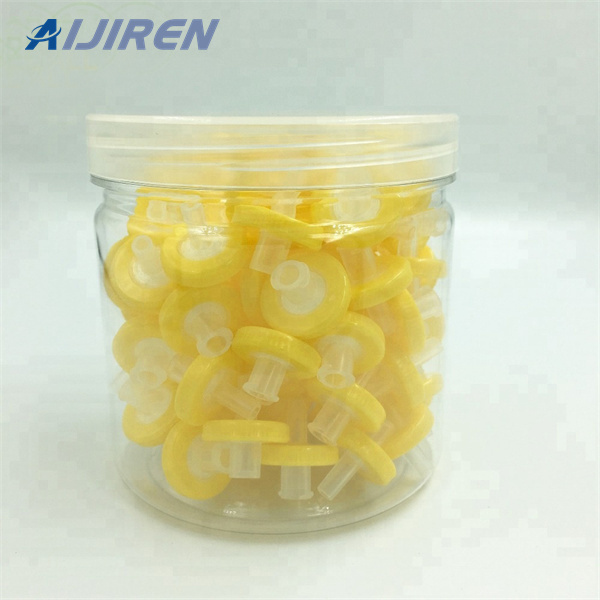
STERILE SYRINGE FILTERS - sterile syringe filters are made with PES membrane filters with polypropylene (PP) housing, using the most advanced methods and design features. The PES syringe filters with GF pre-filter has excellent dirt-holding capacity, which makes a syringe filter a much larger throughput for some “hard to filter” sample.
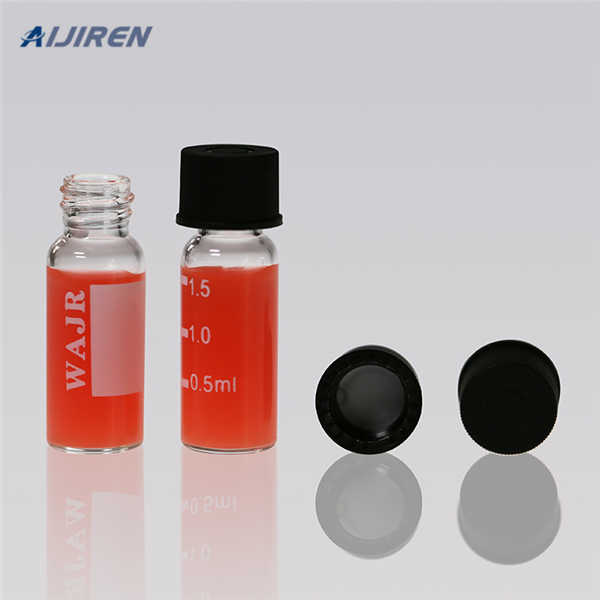
Catalog number: CH2225-PES. Obtain precise results in sensitive analysis of your ionic analytes. Thermo Scientific™ Choice™ PES (Polyethersulfone) Syringe Filters are a good option for ion chromatography smaples, tissue culture filtration, and filtration of proteins, nucleic acids, and high-temperature liquids.
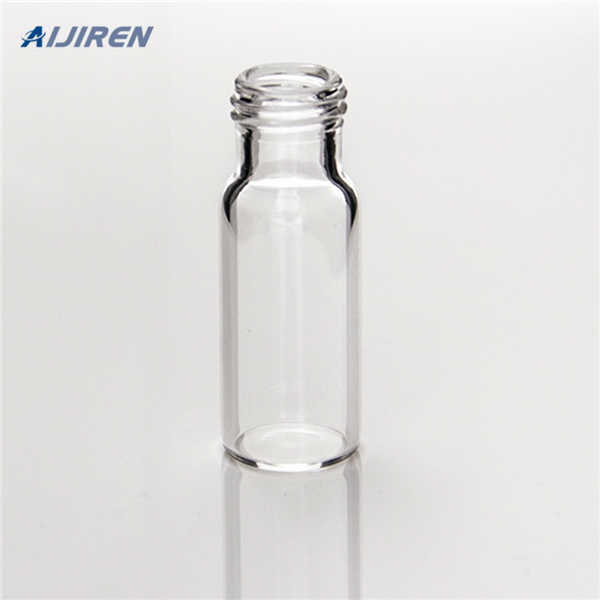
VWR PTFE 0.22 micron filter for venting-Analytical Testing Vials Nov 09, 2021 · Oct 29, 2021 · Oct 21, 2021 · 0.22 Micron Syringe Filters Filter Products Close Filter Products Currently Shopping by Pore Size: Remove This Item 0.22um Category PTFE Syringe Filters, 0.22 um, 25mm, Double Luer Lock, PP Housing, Nonsterile, 100 per pack Regular
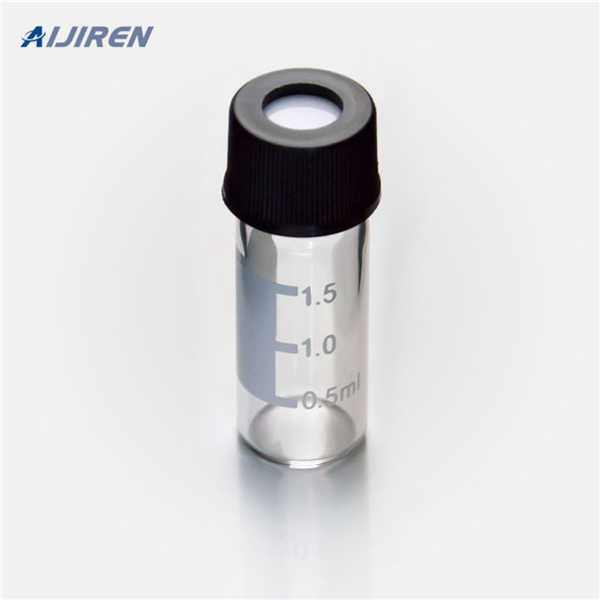
Membrane filters, type 114, cellulose nitrate. White membrane with black grid, for detection of bacteria with dyed media, particle count & microscopy, individually, sterile packaged / non sterile. Show.
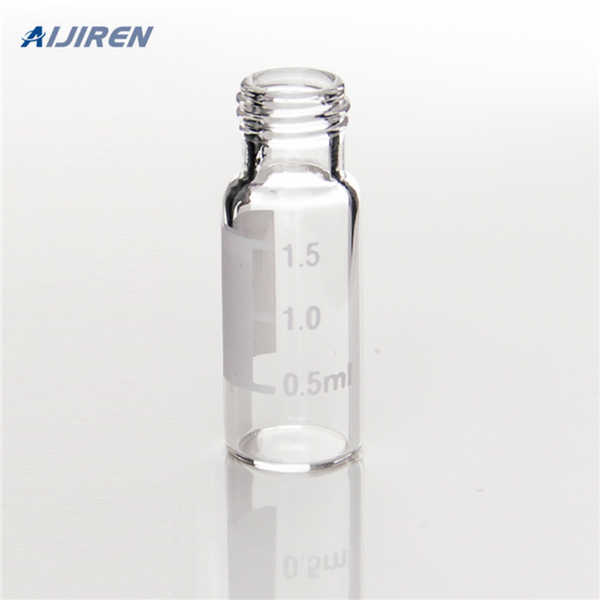
10 Pack Syringe Filter Sterile PES Hydrophilic Filtration 0.22um Pore Size, 33mm Membrane Diameter Sterile PES Membrane Individually Packed by Membrane Solutions $14.49 ($1.45/Count) In Stock.
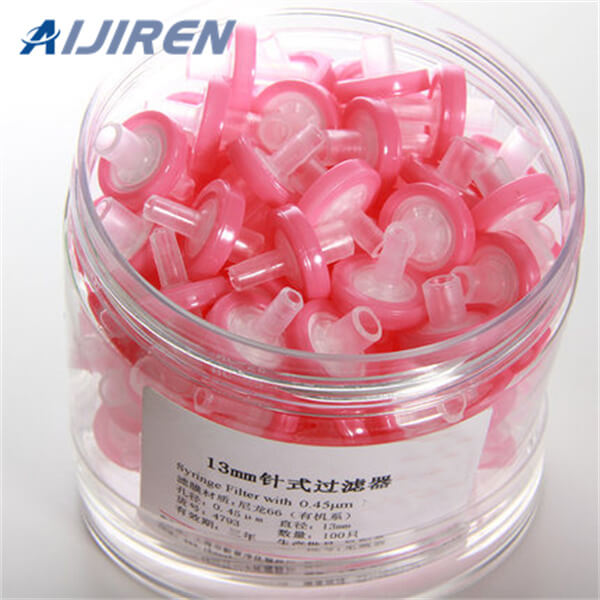
demonstrate that Captiva Premium PES filters can firmly support the analysis of low level protein samples with minimal loss during filtration. Figure 2. Filtration recovery comparison of the Aijiren Captiva Premium PES syringe filter with PVDF syringe filters for different proteins at 0.5 mg/mL. D: Dimer, M: Monomer. Figure 3.
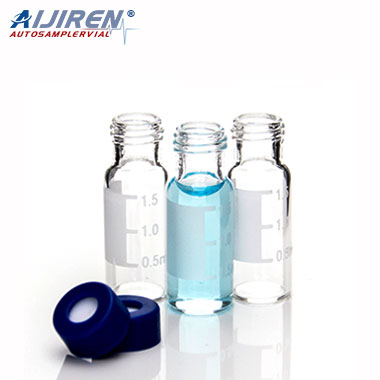
LabFriend is open, but please expect delays. The COVID-19 crisis continues to cause heavy fluctuations in prices, stock levels, ETAs and freight estimates for manufacturers and suppliers alike. Please contact the LabFriend team for further details.
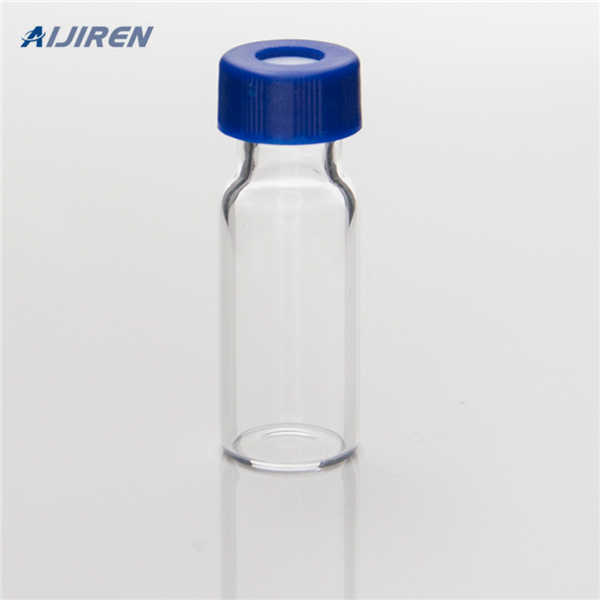
Millex-GP Syringe Filter Unit, 0.22 µm, polyethersulfone, 33 mm, gamma sterilized A 33 mm diameter sterile syringe filter with a 0.22 µm pore size hydrophilic Polyethersulfone (PES) membrane. Comes in a pack of 50. - Find MSDS or SDS, a COA, data sheets and more information.

Acrodisc® Syringe Filters with Supor® Membrane, Sterile - 0.8 µm, 13 mm (75/pkg) Please enter 1 or more. Please enter a whole number. Please enter 1,500,000 or less.
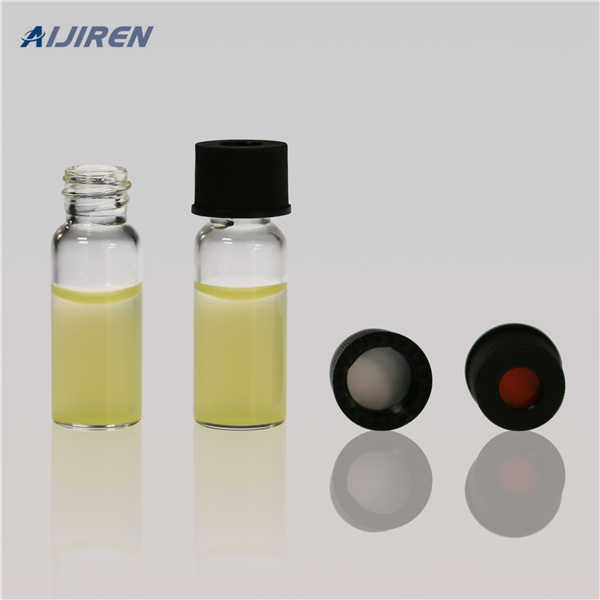
ideal blood glucose control ????juice. As for the guidance statement on deintensifying pharmacologic therapy if patients have HbA1c levels below 6.5 percent, Boltri agreed that aggressive control to less than 6.5 percent may increase mortality, and consideration should be given to mitigating those risks.